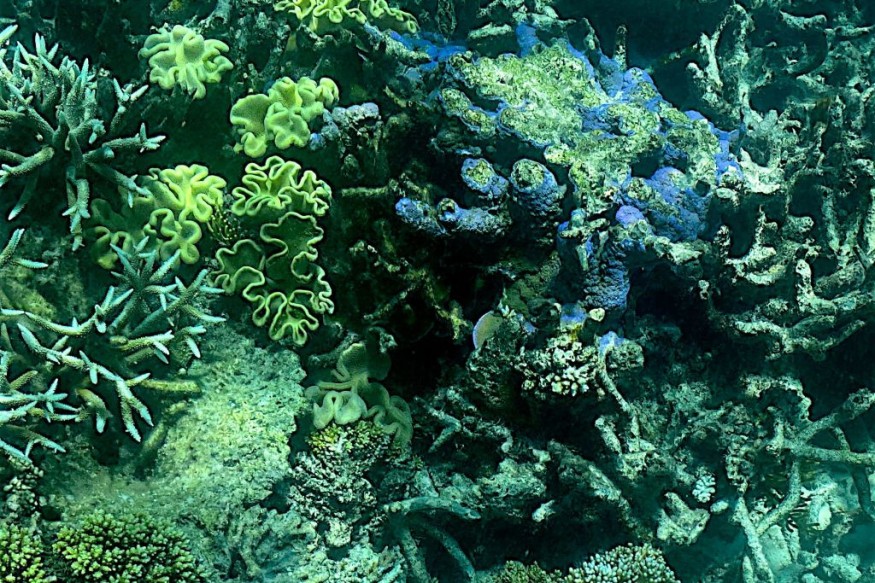Experts from the University of Plymouth studied the Indian Ocean using underwater vehicles. They discovered deep coral bleaching in the area that is linked to climate change and rising temperatures.
Climate change has been a pressing problem due to impacts on the environment, including marine species and coral reef systems. Climate change and El Nino can exacerbate rising temperatures, causing intense and widespread coral reef bleaching.
As corals become vulnerable to the warming of oceans, it can threaten marine animals' food sources and habitats. It can impact food security and marine biodiversity.
Deep Coral Bleaching In the Indian Ocean

With advanced technology and underwater vehicles, researchers managed to monitor better the deep oceans. Understanding the effects of climate change is crucial to offer new insights for animal and coral conservation efforts.
The alarming deep coral bleaching in Indian oceans raised concerns among experts, showing the deep impacts of climate change and rising temperatures. The study findings were published in Nature Communications journal.
Researchers explained that the thermocline helped to increase the bleaching in the Central Indian Ocean exacerbated by the Indian Ocean Pole. They detected the deep ocean reef beaching of more than 300 feet.
The study highlighted the vulnerability of coral reefs in the region to thermal stress, especially in the atoll in the Chagos Archipelago.
In 2019, the team conducted research observations in the region where they discovered the signs of bleaching. In 2020 and 2022, they also noted the recovery of parts of the reef. However, it highlights the important role of monitoring, especially in the unseen deep sea
Protecting the coral reef is essential because it is home to about 30% of marine fish species. Significant impacts on corals can affect human food security.
Dr. Nicola Foster, the study's co-author, said that study's new evidence of thermal stress in oceans. The bleaching of mesophotic corals can affect the ecosystem and cause the loss of biodiversity. Dr. Foster is also a lecturer in Marine Biology.
The rapid increase in surface temperatures can challenge animal's existence. As a result, new tools to understand marine heatwaves are crucial to predict the effects of climate change.
Coral Bleaching Facts
Coral bleaching is not only a change in corals' coral, but it shows their health declines due to marine heatwaves. The bleaching can make it more stressful for corals.
When the corals are stressed, the algae (zooxanthellae) can leave the corals due to increased ocean temperatures. The absence of algae can put them at risk of bleaching and diseases.
Coral bleaching can be also associated with pollution and overexposure to sunlight.
Related Article : Florida Corals Struggle to Survive Due to Intense Marine Heatwaves
For more similar stories, don't forget to follow Nature World News.
© 2026 NatureWorldNews.com All rights reserved. Do not reproduce without permission.





